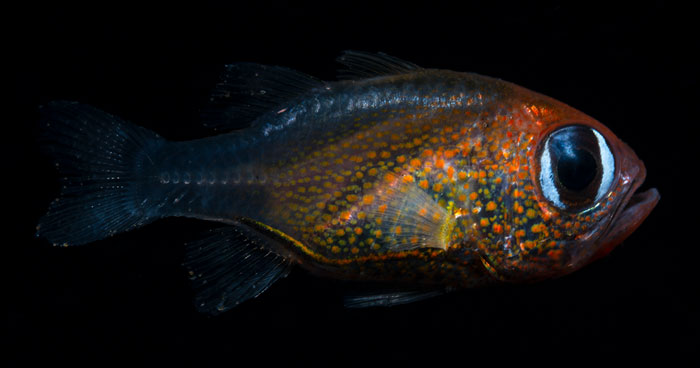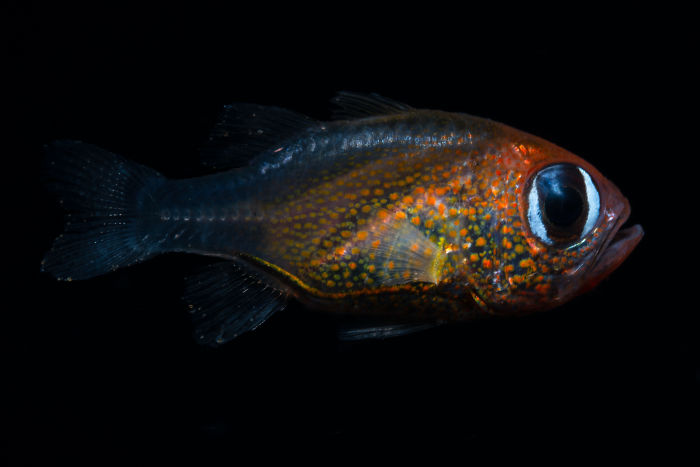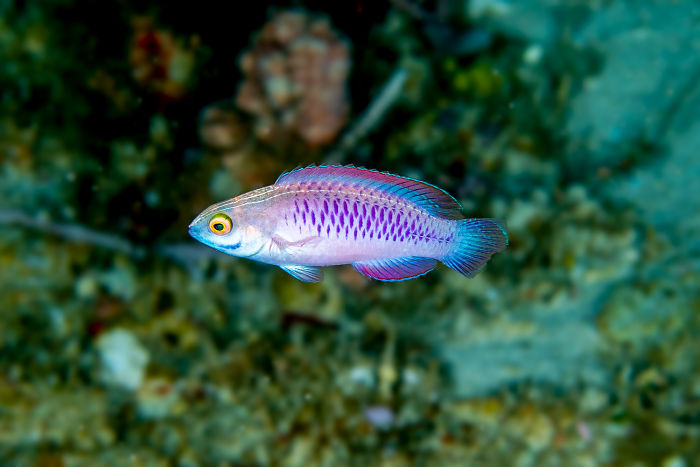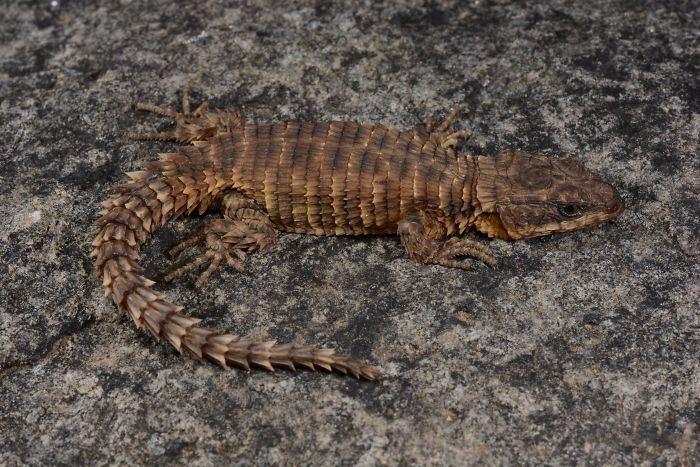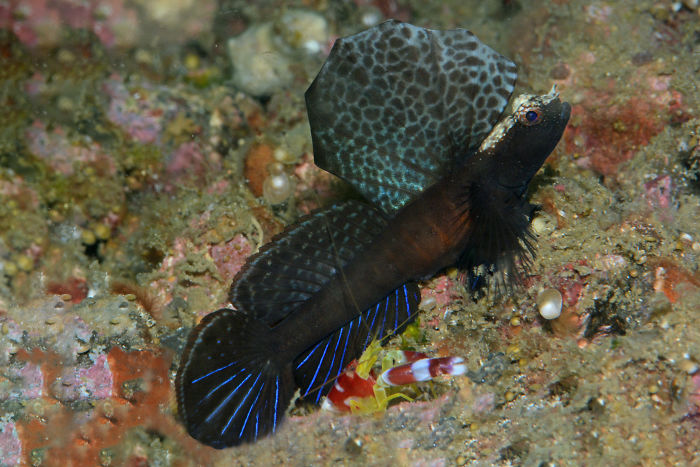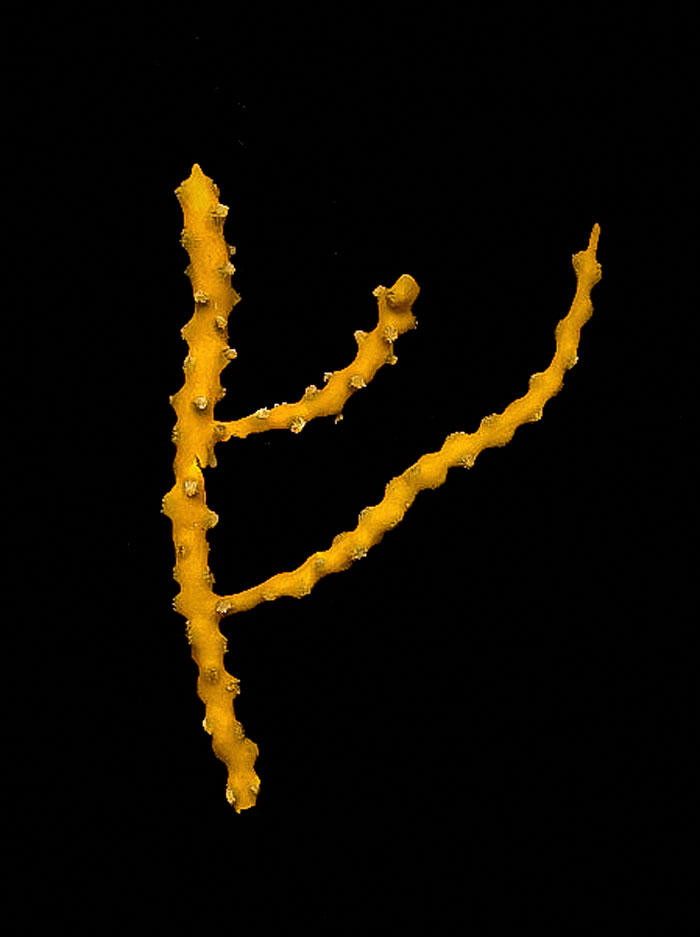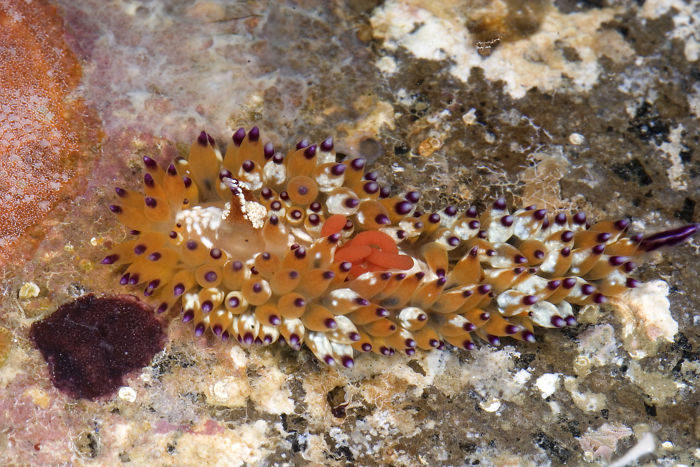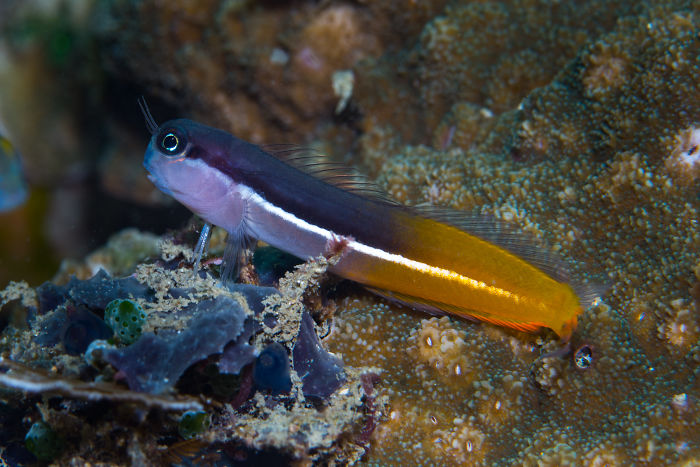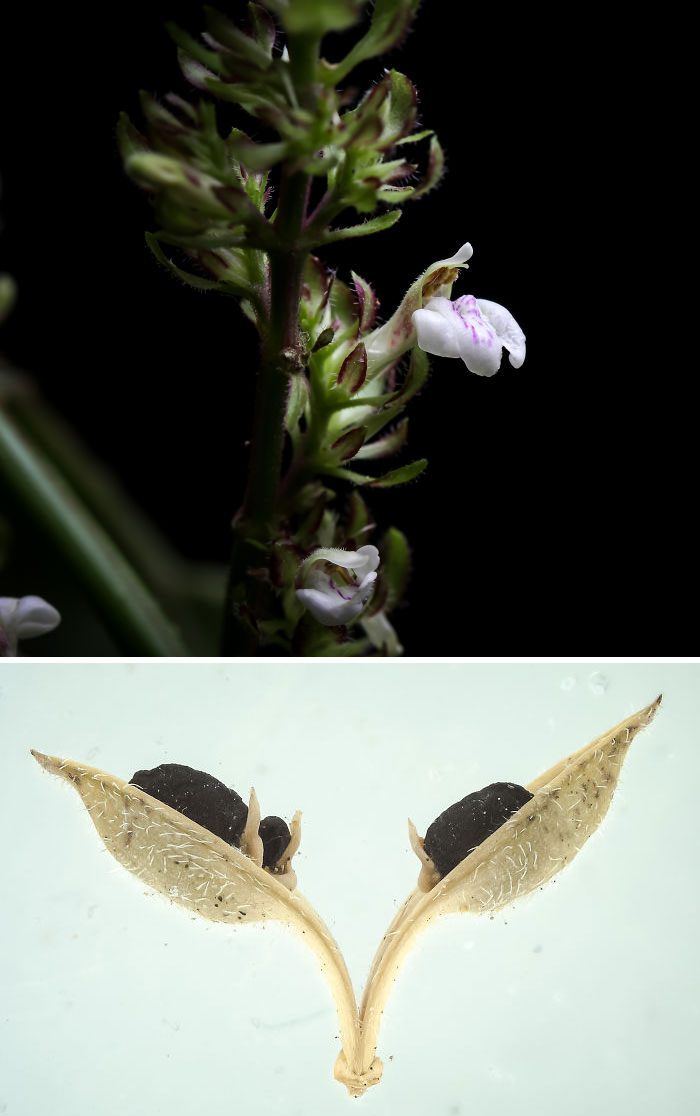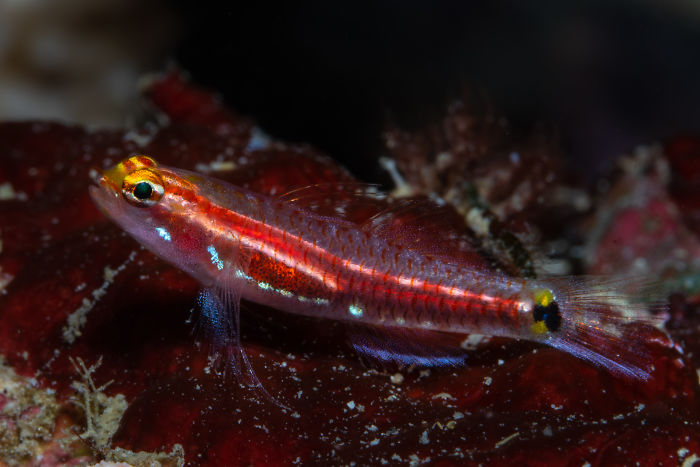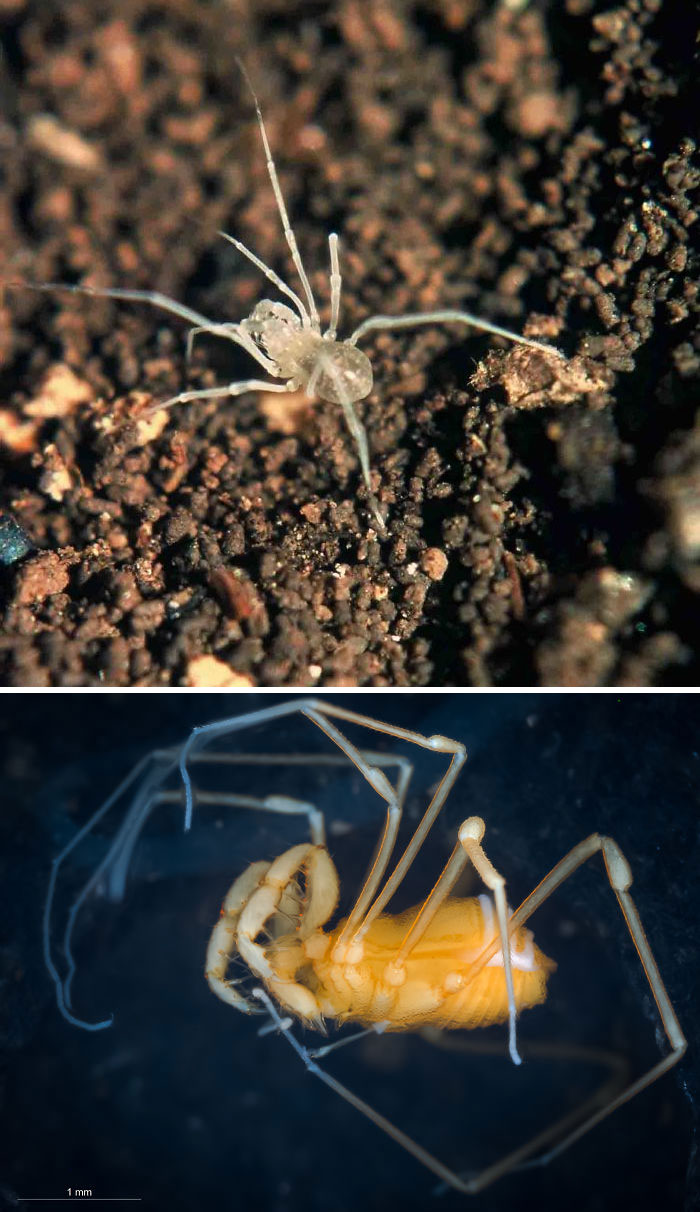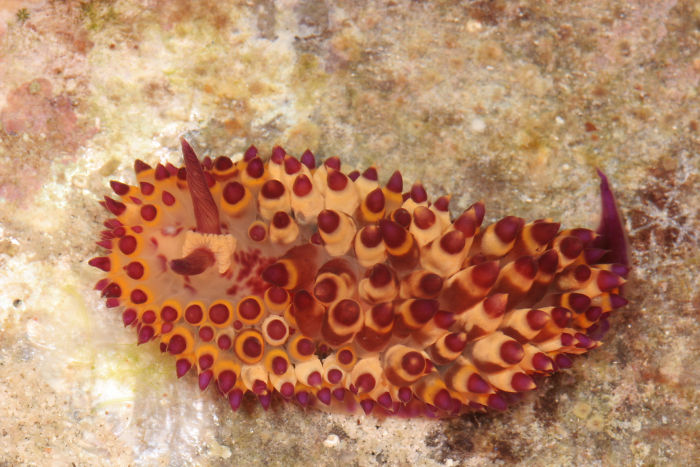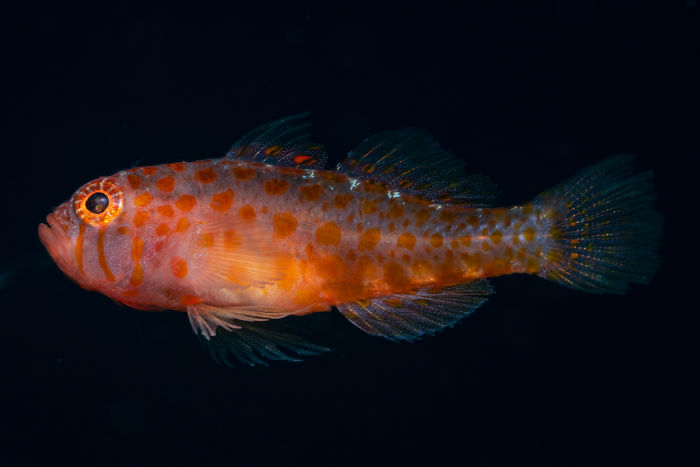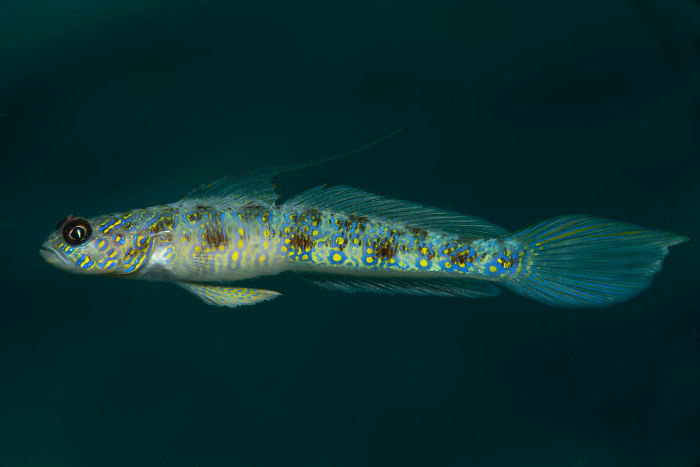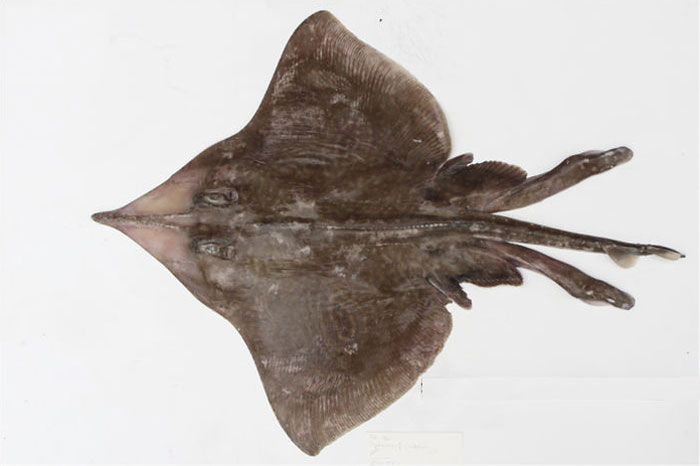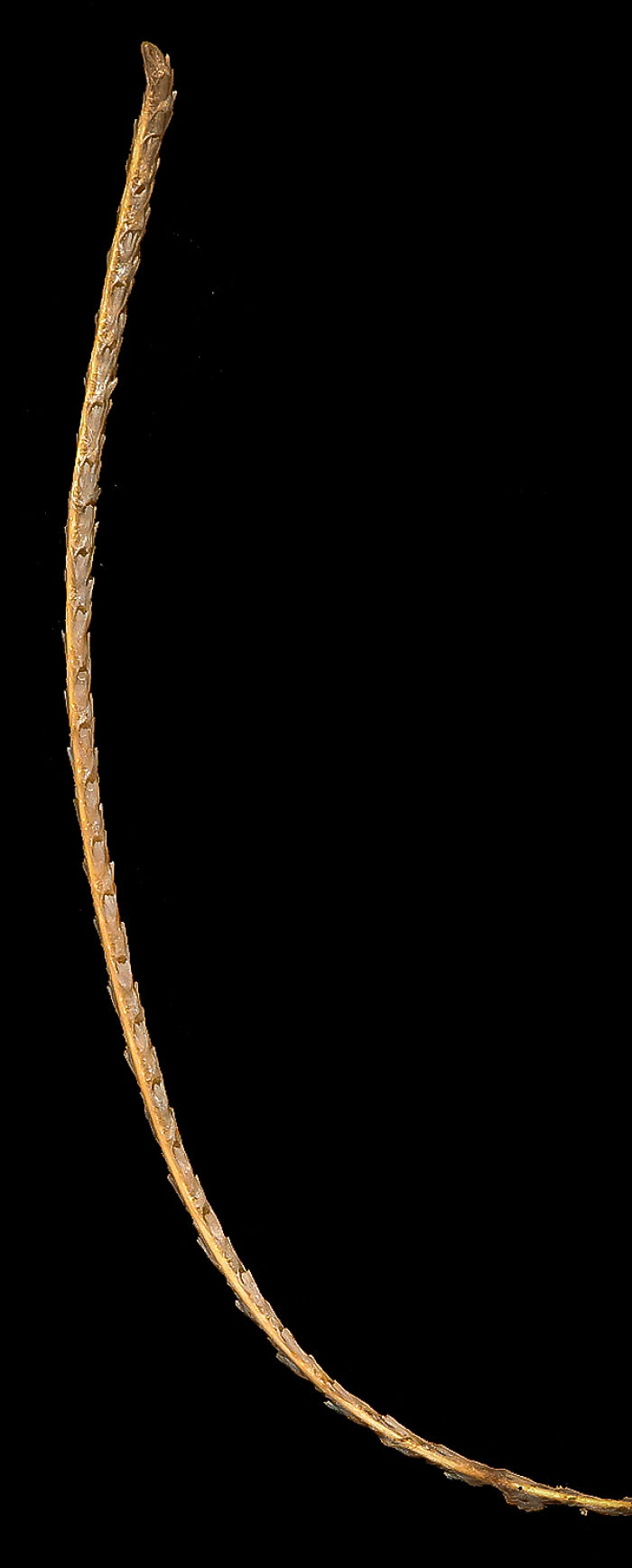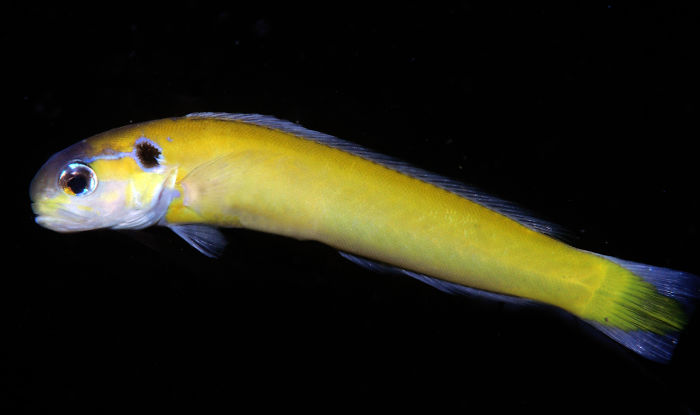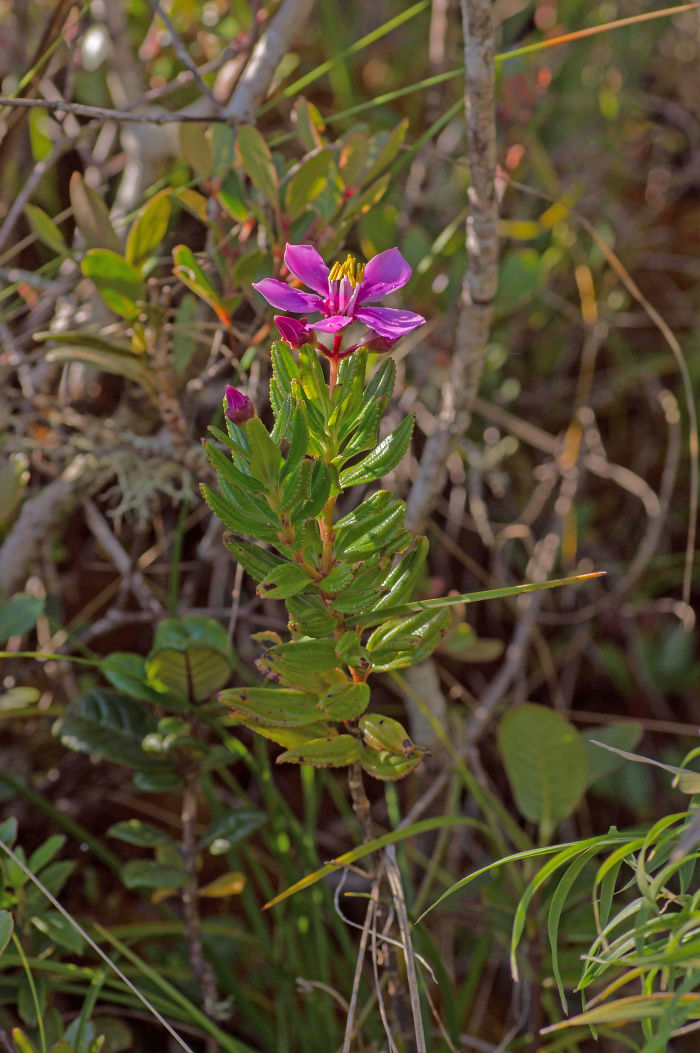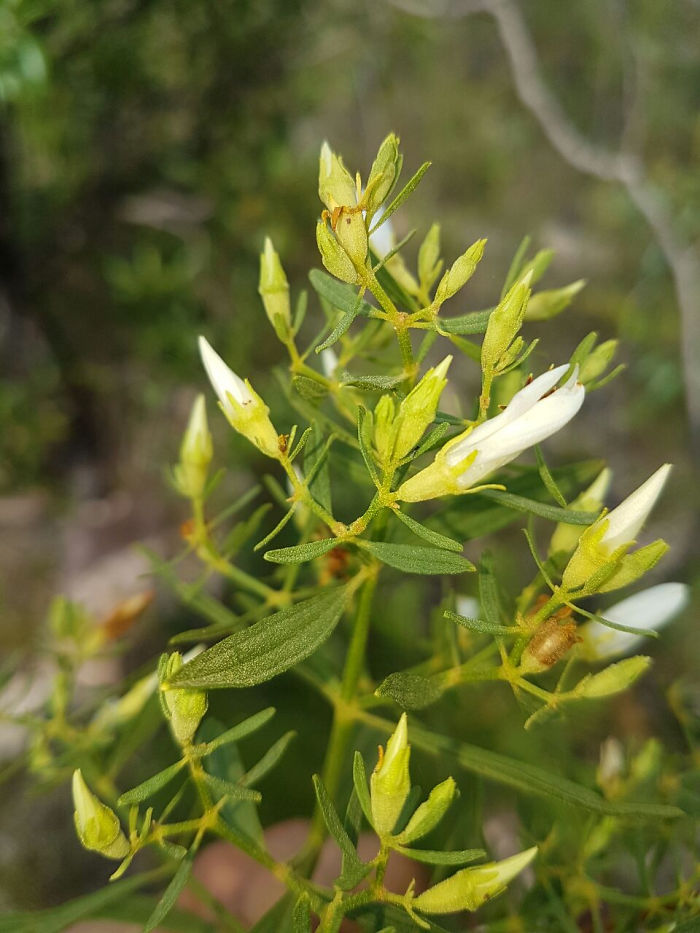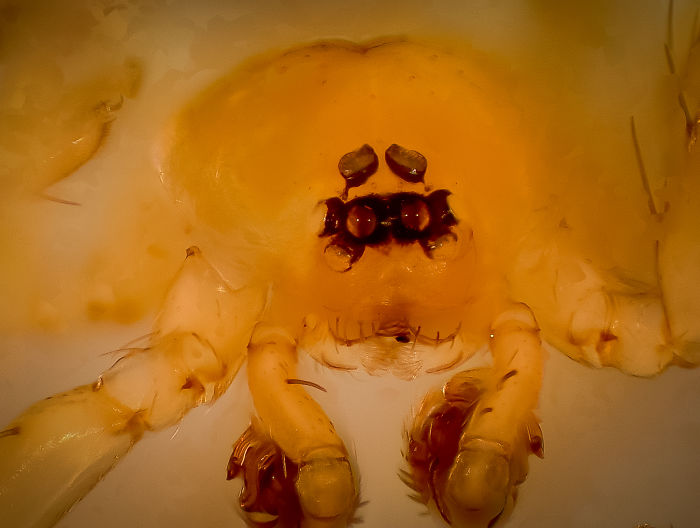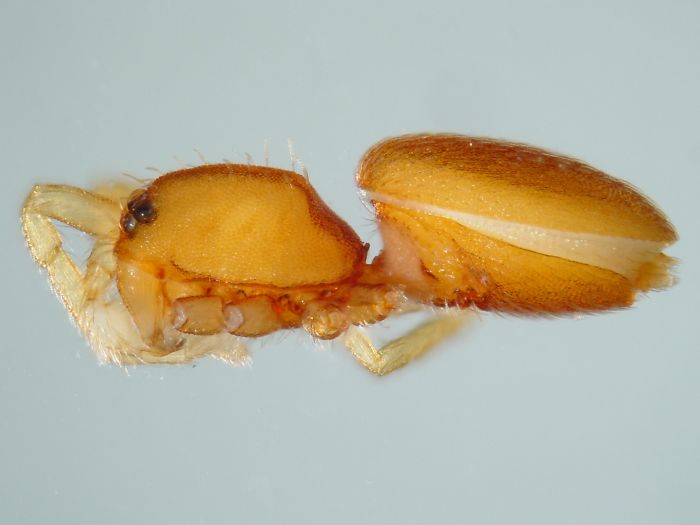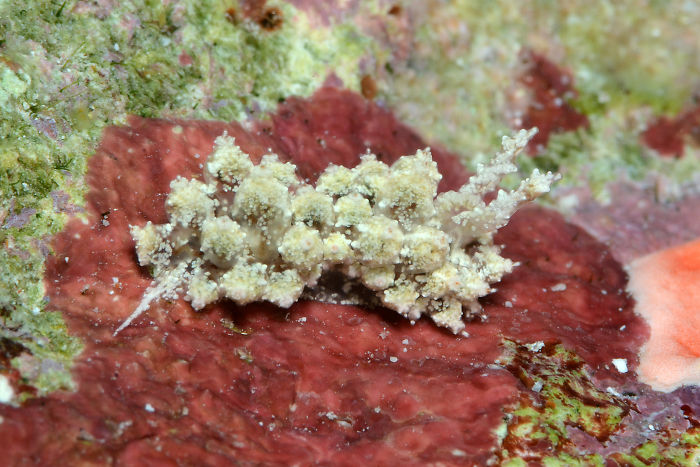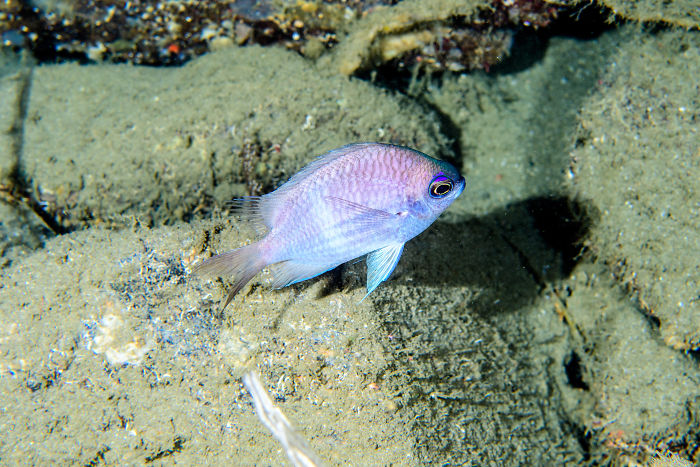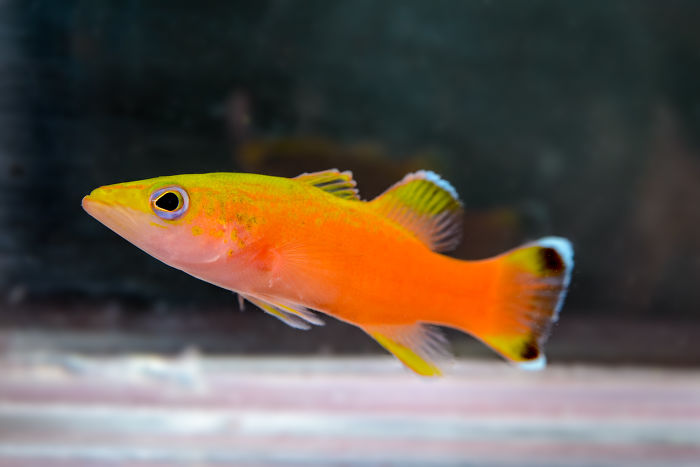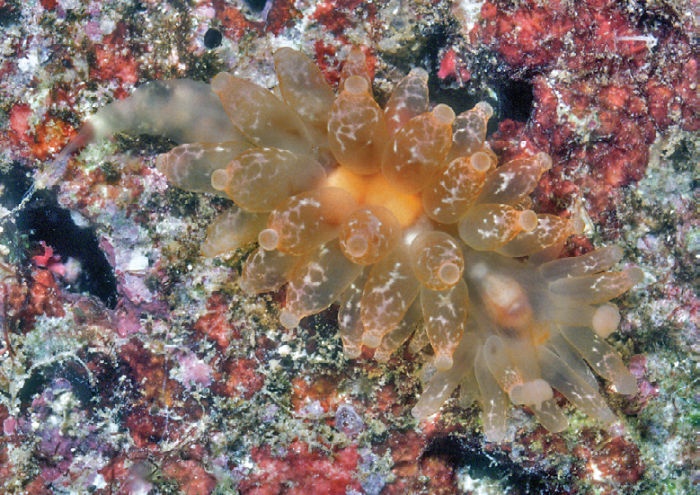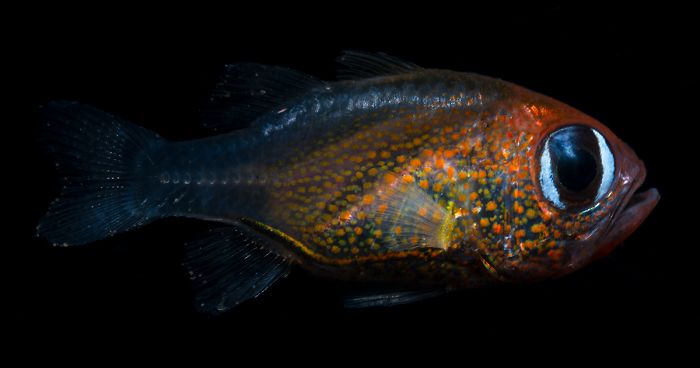
Scientists Have Discovered 71 New Species In 2019 And Here’s How 25 Of Them Look
We’ve mapped the world, discovered all the continents (though Atlantis remains elusive), and sometimes it feels like there’s nothing new to find on our little blue planet. But Earth is still full of mysteries and surprises!
Scientists find new plant and animal species nearly every day and it proves that there are still adventures to be had in the deep corners of the world. So if you’ve ever harbored ambitions of being an Indiana Jones-esque scientist, your dream can still come true. In 2019, more than a dozen researchers from the California Academy of Sciences added a stunning 71 new species to our family tree.
Among these freshly found species are 17 fish, 15 geckos, 8 flowering plants, 6 sea slugs, 5 arachnids, 4 eels, 3 ants, 3 skinks, 2 skates, 2 wasps, 2 mosses, 2 corals, and 2 lizards. They were found across 5 continents and 3 oceans. And while we applaud the fact that there are more species of gecko on Planet Earth, we’re worried about there being more species of wasp, too.
We’ve included some of the very best photos of these new species, so scroll down, upvotes your favorites, and let everyone know in the comments what you thought about each one. And be sure to read Bored Panda’s interview with a representative of the California Academy of Sciences below.
More info: CalAdacemy.org | Twitter | Instagram | Facebook
This post may include affiliate links.
Siphamia Arnazae
The cat-eyed cardinalfish, is a new species of cardinalfish from Papua New Guinea
Cirrhilabrus Wakanda
The Vibranium fairy wrasse (Cirrhilabrus wakanda) is a species of fairy wrasse from the Western Indian Ocean
Cordylus Phonolithos
Cordylus phonolithos is a new species of girdled lizard from southwestern Angola
According to a representative of the California Academy of Sciences, this year’s list of new species was “a little lower” than usual, but “full of mighty finds.”
“Since 2010, Academy scientists have described 1,375 species—quite a number! Here are numbers from previous years this decade:
2010 (113 [new species])
2011 (140)
2012 (189)
2013 (91)
2014 (221)
2015 (103)
2016 (133)
2017 (85)
2018 (229)
2019 (71).”
Tomiyamichthys Emilyae
Tomiyamichthys emilyae is a new species of shrimpgoby (Gobiidae) from North Sulawesi, Indonesia
Chromoplexaura Cordellbankensis
Chromoplexaura cordellbankensis is a new species of deep-sea coral, first spotted by Williams 50 miles northwest of San Francisco in the Cordell Bank National Marine Sanctuary
Nucras Aurantiaca
Nucras aurantiaca is a wall lizard found in South Africa
The Academy representative told Bored Panda that “it takes years of training, collaboration with colleagues and local residents in a given region, and species expertise for scientists to properly identify and collect species in the wild.”
“As with many species—like twilight zone reef fish and insects—there is sometimes only a tiny window of a few seconds for a scientist to act quickly and collect a specimen in the wild. It can take years of training and support to help that scientist make important, well-informed, split-second decisions in the field!”
Janolus Tricellarioides
Janolus Tricellarioides is a sea slug found in the Philippines
Ecsenius Springeri
Ecsenius springeri is a new species of blenny
Justicia Alanae
Justicia alanae is a new species of flowering plant from Mexico
Classifying new species isn’t without its obstacles and things like lack of funding or training can seriously hinder us from solving life’s mysteries. “It's especially hard to secure funding for maintaining collections staff, taking adequate care of specimens, and training/retaining new scientists with the expertise to confirm that a new species discovery is truly new to science.”
Eviota Gunawanae
Eviota Gunawanae is a new microendemic dwarfgoby from the Fakfak Peninsula, West Papua, Indonesia
Lola Konavoka
Lola Konavoka is a new species of cave-obligate harvestman
I am fascinated and slightly repelled by animals which are see-through.
Janolus Flavoannulata
Janolus flavoanulatus is a sea slug found in the Philippines
Trimma Putrai
Trimma putrai is a new species of goby from western Indonesia
Vanderhorstia Dawnarnallae
Vanderhorstia dawnarnallae is a new species of shrimp goby recently discovered in the far eastern reaches of Indonesia also known as West Papua
Dipturus Lamillai
Dipturus lamillai is a long-snout skate from the Falkland Islands
Protoptilum Nybakkeni
Protoptilum Nybakkeni is a new species of coral
Hoplolatilus Andamanensis
Hoplolatilus andamanensis, a new species of sand tilefish from the Andaman Islands
Gravesia Serratifolia
Gravesia serratifolia is a flowering plant found only in Madagascar's Marojejy National Park
Trembleya Altoparaisensis
Trembleya altoparaisensis is a plant with white flowers found in Brazil's Chapada dos Veadeiros National Park's canyons
Myrmecicultor Chihuahuensis
Myrmecicultor chihuahuensis is an ant-loving spider family from the Chihuahuan Desert in Mexico
Cinetomorpha Sur
This is a species of spiders araneomorph the family of oonopidae. This species is found in Mexico, Baja California Sur and Baja California on Ángel de la Guarda
Janolus Incrustans
This new slug species is known only from the Marshall Islands and Indonesia
Chromis Bowesi
Chromis bowesi is a species of damselfish. This species was first described in 2019 by Luiz A. Rocha and colleagues discovered and known from Verde Island, Batangas Bay and Puerto Galera Bay, in the Philippines
Liopropoma Incandescens
Liopropoma incandescens is a new species of basslet fish
Madrella Amphora
Madrella amphora is a sea slug that mimics snail eggs as a way to hide from would-be predators
It is very cool, new species, new life. But I cry for those who disappeared forever in 2019: 1. The Hawaiian snail Achatinella apexfulva, 2. Australia's Bramble Cay melomys, 3. Sumatran Rhino, Dicerorhinus sumatrensis, 4. Bahama nuthatch, Sitta pusilla insularis..........
Load More Replies...I think it's so interesting how we are still finding new species! Especially since humans have only explored 5% of Earth's oceans.
I think its interesting how we are still finding new species in the ocean considering how polluted it is. 🐠🦑🦞 (ಥ_ಥ) <(recycle more!!!)
Load More Replies...Now this is a fantastic article! An article that showcases the wonder and exquisite beauty of nature and science. Bored Panda definitely needs more articles like this.
Maybe call them "previously unknown" instead of "new?" It makes it sound like it didn't exist until a human cataloged it.
Technically speaking, these aren't new species. They have exsisted for a long time, but they are new to us. However, that's not to say I don't find all of this fasinating.
I'd just like to point out the error in semantics. None of these are new species. They've probably been around longer than humans have. Newly-discovered would be the better term.
The fact that almost every single one of these is an ocean species shows how little we truly know about the ocean!
Currently about 100-1000 per million species per year go extinct, according to first hit on google (National Geographic). Seems before human intervention the value was 0-1. There are 1.9 million known species, and the amount of unknowns are estimated to be "in millions". So 100-2000 unknown species probably go extinct yearly. Unless unknown species die more easy because e.g. they have smaller populations.
Load More Replies...Great to have another good news article. How precious is our amazing flora and fauna!
these are all really great pics! they're all SUPER clear to see so that's a mega win!!! but if we keep throwing trash in the ocean, we'll kill all of these new fish species. and that's NOT gonna end well
Just a thought...anyone think that just maybe, some of these creatures are mutants from all the pollution?
Maybe not these, but Biston betularia's black variation seems to be.
Load More Replies...It is very cool, new species, new life. But I cry for those who disappeared forever in 2019: 1. The Hawaiian snail Achatinella apexfulva, 2. Australia's Bramble Cay melomys, 3. Sumatran Rhino, Dicerorhinus sumatrensis, 4. Bahama nuthatch, Sitta pusilla insularis..........
Load More Replies...I think it's so interesting how we are still finding new species! Especially since humans have only explored 5% of Earth's oceans.
I think its interesting how we are still finding new species in the ocean considering how polluted it is. 🐠🦑🦞 (ಥ_ಥ) <(recycle more!!!)
Load More Replies...Now this is a fantastic article! An article that showcases the wonder and exquisite beauty of nature and science. Bored Panda definitely needs more articles like this.
Maybe call them "previously unknown" instead of "new?" It makes it sound like it didn't exist until a human cataloged it.
Technically speaking, these aren't new species. They have exsisted for a long time, but they are new to us. However, that's not to say I don't find all of this fasinating.
I'd just like to point out the error in semantics. None of these are new species. They've probably been around longer than humans have. Newly-discovered would be the better term.
The fact that almost every single one of these is an ocean species shows how little we truly know about the ocean!
Currently about 100-1000 per million species per year go extinct, according to first hit on google (National Geographic). Seems before human intervention the value was 0-1. There are 1.9 million known species, and the amount of unknowns are estimated to be "in millions". So 100-2000 unknown species probably go extinct yearly. Unless unknown species die more easy because e.g. they have smaller populations.
Load More Replies...Great to have another good news article. How precious is our amazing flora and fauna!
these are all really great pics! they're all SUPER clear to see so that's a mega win!!! but if we keep throwing trash in the ocean, we'll kill all of these new fish species. and that's NOT gonna end well
Just a thought...anyone think that just maybe, some of these creatures are mutants from all the pollution?
Maybe not these, but Biston betularia's black variation seems to be.
Load More Replies...
 Dark Mode
Dark Mode 

 No fees, cancel anytime
No fees, cancel anytime 


